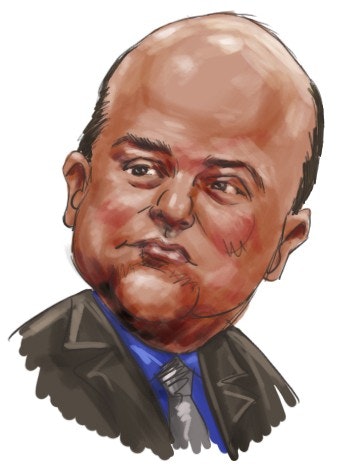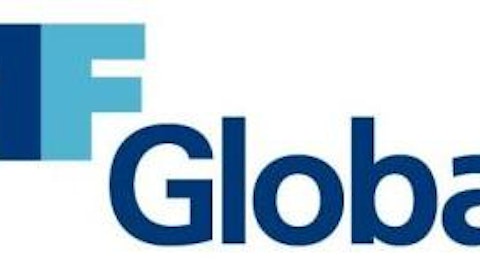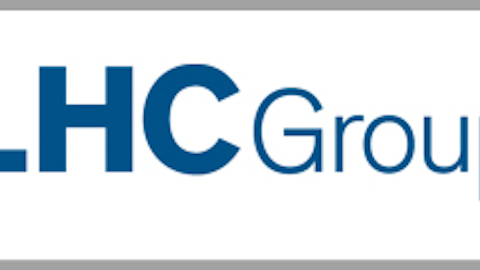Temple-Inland Inc (TIN) is a company that sells corrugated packaging materials, like boxes, and various building products like lumber, particleboard, gypsum and fiberboard. TIN recently reported third quarter sales of $974 million, up from $966 million the same quarter last year, while its diluted earnings per share fell from $1.13 to 5 cents a share. TIN also announced it would start offering a quarterly dividend of 13 cents a share, payable December 15, 2011 to shareholders of record December 1, 2011. One of its rivals, the International Paper Co. (IP) recently offered to buy TIN for $32 a share, which TIN accepted. The deal is not expected to close until the first quarter of 2012. The deal positions the two companies in such a way that draws on each one’s strategic advantages.
To get an idea where these companies stand now, let’s look at them in closer detail, as well as two of their top competitors – Packaging Corp of America (PKG) and Sonoco Products Co (SON).
P/E RATIO
First, we will look at the P/E ratio. This metric divides a company’s share price by its earnings per share – the lower the number, the better. P/E ratio indicates how many times its earnings a company is trading at. If the P/E ratio is high, the stock could be overpriced, so the lower the better. Of the companies we looked at, IP has the lowest forward P/E ratio, followed by SON at 12.73, PKG at 13.55 and TIN at 23.22.
VOLATILITY
We used beta as a measure of risk. A beta of 1.0 means that the stock moves with the market. The higher a stock’s beta, generally, the more volatile the stock, and, as a result, the more risky. A lower beta tends to indicate that the stock moves more independently from the market. SON has the lowest beta of the companies we looked at. Its beta is just 0.99. PKG was second at 1.40, followed by IP at 2.20 and TIN at 2.24.
EARNINGS GROWTH
Next, let’s look at the earnings growth consistency and expectations. Expected growth estimates can be wrong. In fact, they are frequently overstated, but they can be useful when comparing companies or comparing a company’s performance relative to its industry. TIN’s earnings shrank -17.4% compared to the industry’s 0.1% earnings growth. Going forward, TIN’s earnings are expected to grow 6%, just under industry expectations of 6.4%. In contrast, SON has very consistent earnings growth. The company grew 4.5% over the last five years and is expected to grow 7.3% over the next five years. IP grew 10.5% over the last five years. It is expected to grow 5% over the next five. This is somewhat similar to PKG, which had strong earnings growth over the last five years, growing 17.2%, but it is forecasted to grow just 5% over the next five years.
HEDGE FUND OWNERSHIP
Stocks that are favored by hedge funds tend to outperform the market by a few percentage points on the average. Of the companies we looked at, TIN was the most popular. Of the 300+ hedge funds we track, 42 had positions in TIN at the end of the second quarter. TIN is a favorite pick of Doug Silverman’s Senator Investment Group, Ron Gutfleish’s Elm Ridge Capital and Douglas Hirsch’s Seneca Capital. IP, a favorite of David Tepper’s Appaloosa Management Lp, was next at 25, followed by PKG, a top pick of Jean-Marie Eveillard’s First Eagle Investment Management, at 21 and SON, a popular stock with Chuck Royce’s Royce & Associates, at 12.
THE BOTTOM LINE
We like PKG best. It has a good P/E ratio, a decent beta, modest hedge fund ownership and a good earnings growth forecast. Analysts estimate the stock, which is currently trading at $26.48 will hit $31.33 in the next year, plus it pays an 80 cents per share dividend. Investors may also want to consider Rock-Tenn Co (RKT). It is currently trading at $62.11 a share and is expected to hit $76.14 a share within the next year. It also pays an 80 cents per share dividend. Hillenbrand (HI) is another idea. It pays 76 cents a share dividend, has a low P/E ratio and is expected to grow from $21.75 a share to $27.25 a share within the next 12 months.






